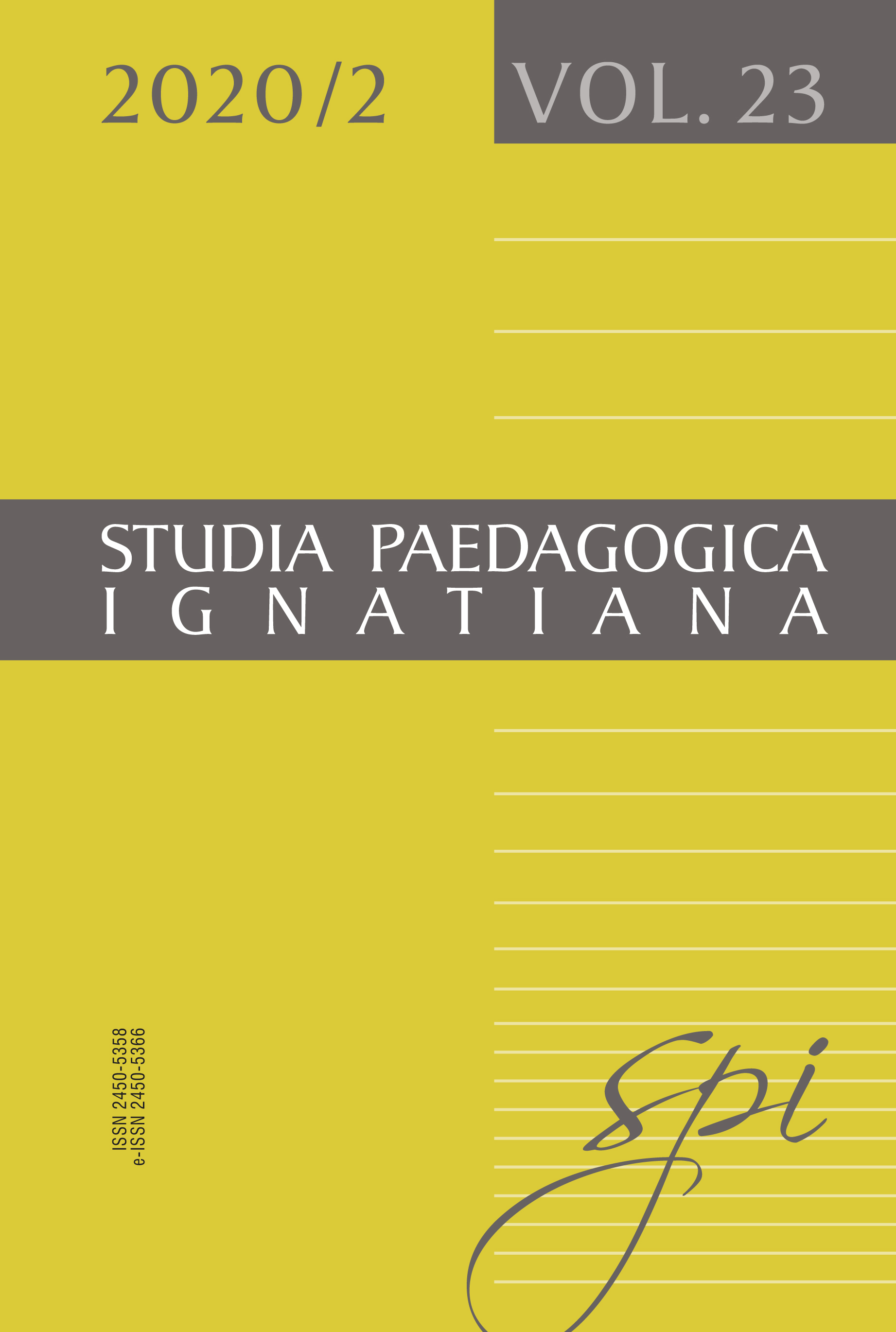Metafory transakcyjne iedukacja
Transactional Metaphors and Education
Author(s): Jarosław JagiełaSubject(s): Social Sciences, Education
Published by: Uniwersytet Ignatianum w Krakowie
Keywords: metaphor; metaphors in psychotherapy; language of transactional analysis; metaphors in transactional analysis; education and transactional analysis
Summary/Abstract: The paper presents traditional and contemporary interpretations of the metaphor, which appears in numerous scientific disciplines and different manifestations of everyday life. Metaphors and their meaning, not only linguistic, are invariably a subject of reflection and an inspiring area of research in many fields of science and academic disciplines, including anthropology, literature studies, philosophy, pedagogy, psychology, and psychotherapy. Metaphoricity has always been present in psychotherapy: from the first works of Sigmund Freud and emergent psychoanalysis to the present day. Milton H. Erickson noticed the particular relevance of metaphors in the therapeutic process. In practice, metaphors are often used as a method of interaction in situations when a client exhibits resistance. The specific language used in transactional analysis, a psychotherapeutic concept, is full of references to the colloquial speech and terminology used in fairy tales and mythology, which is a specific trademark of this concept. This specific language creates a unique opportunity to use therapeutic metaphors. The article lists a number of such notions. Additionally, metaphors can prove to be useful in teaching and education as beneficial features of the cognitive process. Among the authors interested in both transactional analysis and its applications in education, Giles Barrow uses the metaphor of an educator as a gardener—someone who follows the development of children and young people entrusted to his care and reacts to unfavorable circumstances in the best possible way. Educational transactional analysis should exploit the possibilities offered by metaphors more frequently and to a greater extent.
Journal: Studia Paedagogica Ignatiana
- Issue Year: 23/2020
- Issue No: 2
- Page Range: 131-153
- Page Count: 23
- Language: Polish

